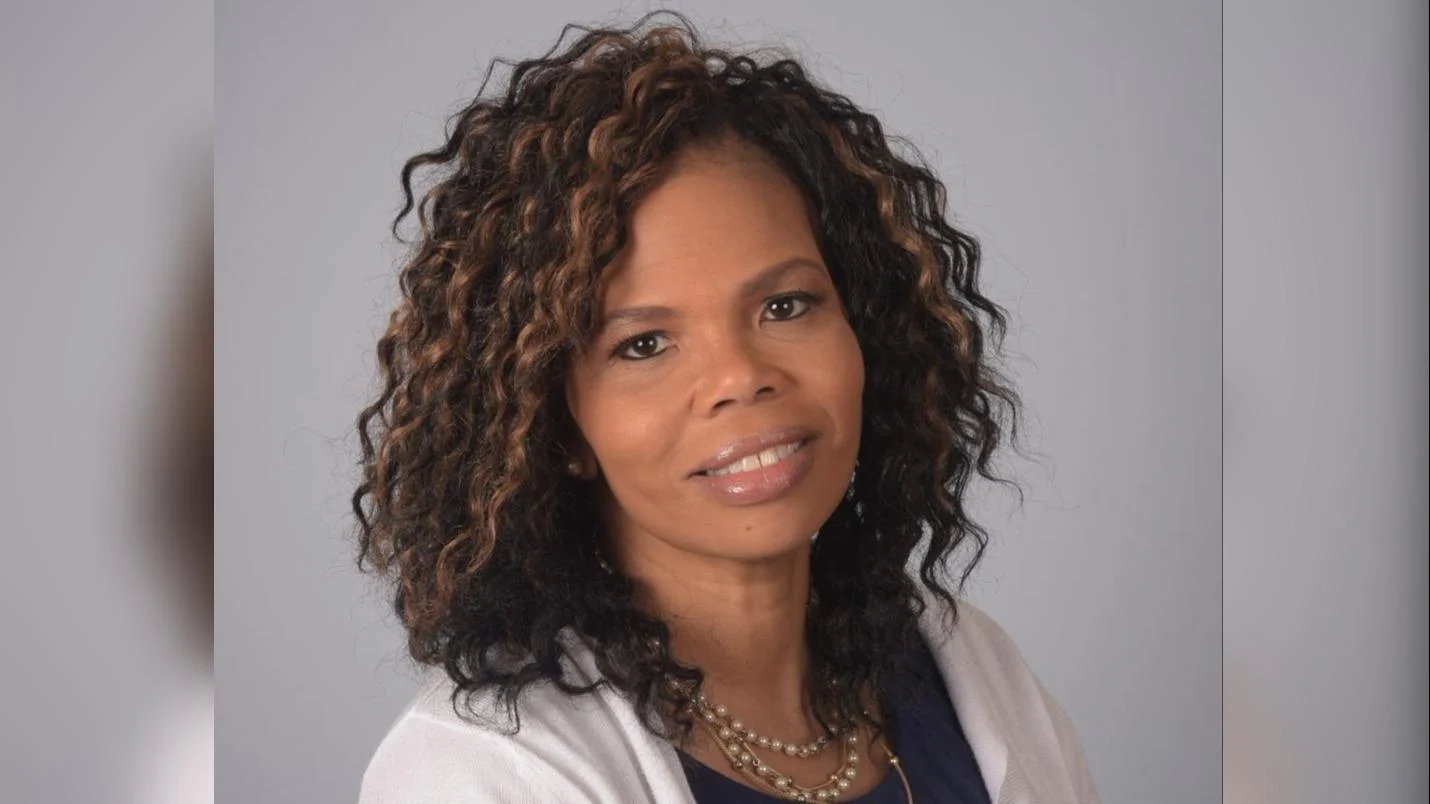
Governor Phil Murphy has signed into law significant legislation aimed at expanding access to early childhood education in New Jersey. This move marks progress on several policy priorities long advocated by the Advocates for Children of New Jersey (ACNJ), although areas remain for further improvement.
The central piece of this legislative package, known as S3910/A5717, codifies New Jersey's preschool funding formula into statute. This action strengthens and sustains the state's pre-K expansion efforts while setting a course to provide full-day kindergarten by 2030. The effort builds on ACNJ's advocacy since the Abbott v. Burke Supreme Court decision over 25 years ago, which mandated high-quality public preschool for children in high-poverty districts.
In addition to S3910/A5717, two other bills were signed:
1. Authorization of three-year contracts between school districts and community childcare providers (S4476/A5780).
2. Amendments to the Fiscal Year 2026 Appropriations Act to update provisions concerning Preschool Education Aid (A5908/S4695).
Governor Murphy officially signed these measures on July 11, 2025.
Key provisions aligned with ACNJ priorities include ensuring universal preschool expansion through annual grants and revised aid requirements, providing stability for providers with extended contract terms, and improving coordination and transparency within the preschool system. A Universal Preschool Implementation Steering Committee will be established, involving representatives from key state agencies and the Legislature.
Winifred Smith-Jenkins from ACNJ stated that since Governor Murphy took office, "229 districts have been added to state-funded preschool programs." Additionally, regulatory changes announced in February 2025 now align space requirements for state-funded preschools with licensed child care centers.
New Jersey's public pre-K program is recognized nationally as a model of quality early education. Research by the National Institute for Early Education Research shows students who attended Abbott preschools performed better academically through 10th grade.
Despite these advancements, challenges remain. Declining participation by private childcare providers threatens the mixed-delivery model necessary for meeting diverse family needs. In former-Abbott districts, enrollment decreased by 25% from 2009 to 2022; in expansion districts, only 17% of preschoolers are served by private providers.
Furthermore, pathways and timeframes needed for existing early childhood educators to meet certification requirements are not yet established in this legislation.
ACNJ commends Governor Murphy and legislative leaders such as Senate Majority Leader Ruiz and Assemblywoman Katz for their roles in this initiative. ACNJ remains committed to advocating for improvements that strengthen New Jersey's early childhood education system.
For more information on this topic, contact Winifred at wsmith-jenkins@acnj.org.